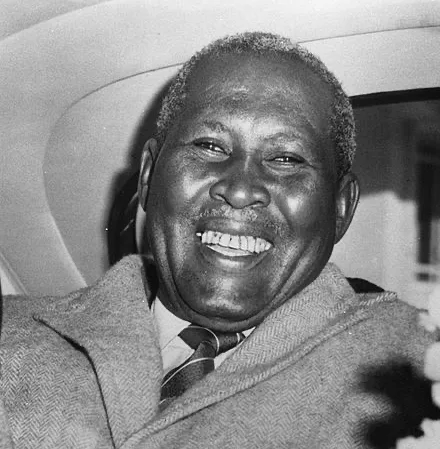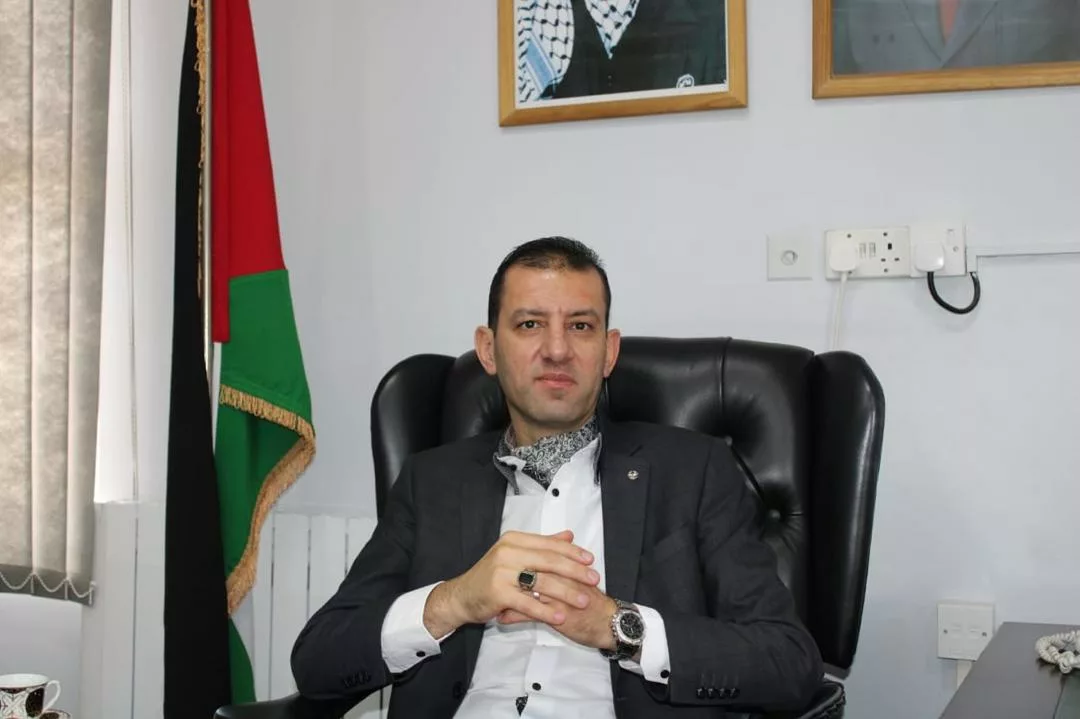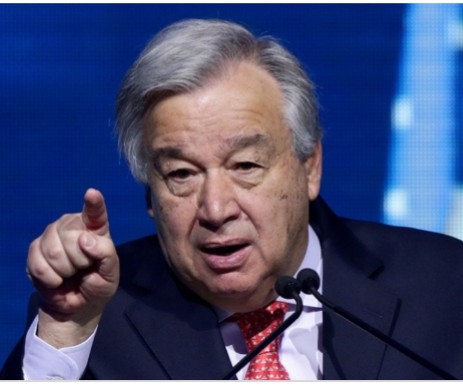|
Getting your Trinity Audio player ready...
|
Writes Engineer Jacob Kudzayi Mutisi
Now that DUDULA is leading the xenophobia attacks, many South Africans have forgotten the very roots of their liberation. As Zimbabweans are scorned, blamed, and attacked, it is essential to remember that one of South Africa’s most revered struggle founding icons, Albert Luthuli, was born not in KwaZulu-Natal but in Bulawayo, in what was then Rhodesia, now Zimbabwe. His full name was Albert Mubvumbi Luthuli, and his life is living proof that Zimbabweans and South Africans share a long, interwoven struggle against colonialism and apartheid. He was a Zimbabwean from the Kalanga tribe just like Father Zimbabwe, Joshua Mqabuko Nkomo.
Born in 1898 to a Kalanga family at a Seventh-day Adventist mission in Bulawayo, Luthuli’s early life was shaped on Zimbabwean soil. In 1908, at the age of ten, he moved to Groutville in Natal, South Africa, to live with relatives and attend school. From this modest beginning, Luthuli rose to become one of the most principled and iconic leaders in South African history.
He earned a teaching diploma and eventually taught at Adams College one of South Africa’s most prestigious black institutions. His involvement in education laid the foundation for his political activism. In 1935, he was elected chief of the Umvoti River Reserve and it was in this role that he began to confront the injustices of segregation. The apartheid system was officially introduced in 1948, but Luthuli had already witnessed the long shadow of racial oppression.
Joining the African National Congress (ANC) in 1944, Luthuli’s influence rapidly grew. By 1951, he became provincial president of the ANC in Natal and just a year later, he led the historic Defiance Campaign against apartheid laws. For refusing to choose between his role as chief and his ANC activism, the government stripped him of his chieftaincy, but that only strengthened his resolve. In 1952, he was elected President-General of the ANC.
Luthuli’s leadership was defined by non-violence, inspired by Christian teachings and the philosophy of Mahatma Gandhi. Even when the Sharpeville massacre in 1960 shocked the world, Luthuli remained committed to peace, while others in the ANC, such as Nelson Mandela, began advocating for armed struggle.
In recognition of his dedication, Albert Luthuli was awarded the 1960 Nobel Peace Prize becoming the first African laureate. Globally, he was seen as South Africa’s conscience. His name was mentioned in the same breath as Martin Luther King Jr., who openly admired Luthuli’s courage and moral clarity.
And yet today, Zimbabweans are told to “go home.” But home is where we fought together. Home is where we bled together. Zimbabweans like Luthuli helped shape the very freedoms South Africans enjoy today.
It is time for the truth to be taught, Albert Mubvumbi Luthuli was Zimbabwean-born. He fought for South Africa. Now is the time to stop xenophobic attacks and acknowledge that unity, not hatred, won the struggle.
Let us honour our shared past and build a future where no African is a foreigner.






